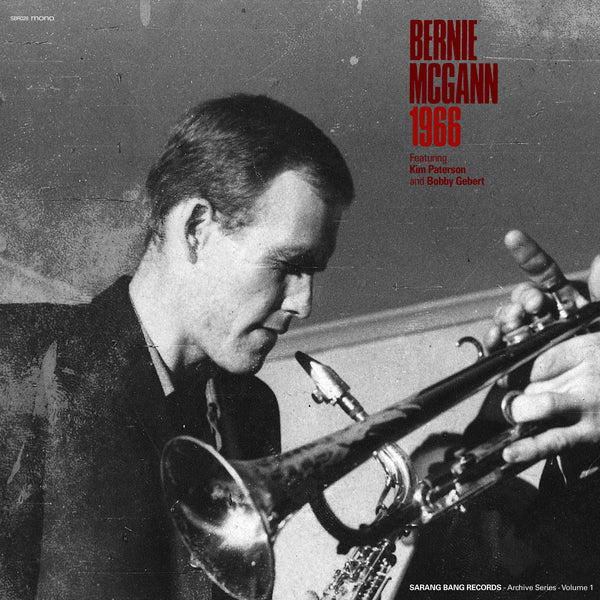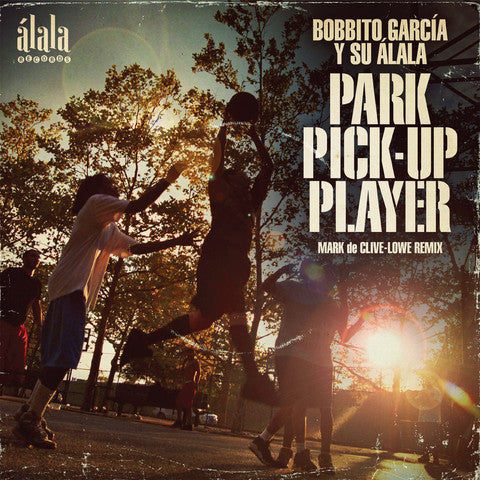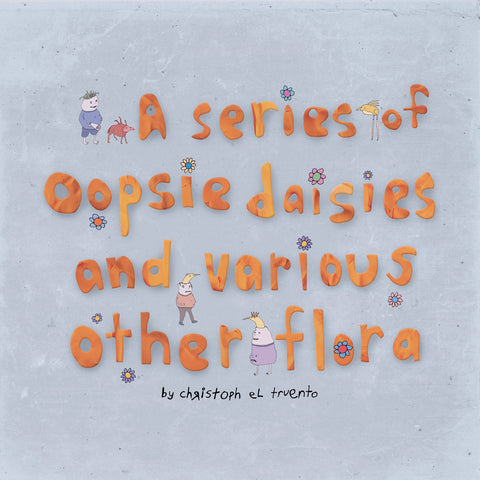Bernie McGann - 1966
SARANG BANG RECORDS
VINYL$35.00
This product is currently sold out.
McGann takes the language of Bebop then bends and stretches it to fit the contours of his own remarkable imagination. - The Wire
Bernie McGann’s sound is exciting and physical, as heated as any post-coltrane modernist. - Downbeat
This compilation documents part of an exciting, and somewhat neglected period in Australasian jazz. Recorded in Sydney (1966), we can hear Bernie McGann was already one of the great Australian jazz stylists. But at the time the only publicly available recording he made was two tracks on the Jazz Australia compilation (1967) (CBS BP 233450).
These tunes are also early recordings of two New Zealand greats - Kim Paterson and Andy
Brown, who were living in Sydney at the time. Two years earlier, Bernie was living in Auckland (1963-64), and it was here that he worked regularly with Paterson, Brown, and pianist Dave MacRae, and the basis of this band came into being.
‘Lazy Days’, ‘Chuggin’, and ‘Sky’ were salvaged from a worn-out cassette in Kim Paterson’s collection, and presumably one of the very few remaining copies. The music was originally intended for a radio broadcast, but the master tapes were mysteriously destroyed after the session.
‘Rhythm-a-Ning’ and ‘When Will The Blues Leave?’ were taped by Trevor Graham at the Wayside Chapel in King’s Cross. Graham was a Sydney music journalist and ally of the avant garde, and had the foresight to capture some of what was happening at the time.
This album is also notable for a rare appearance by the mysterious American drummer George Neidorf (his name is misspelt as ‘Neidori’ on the first Soft Machine album) who was an early musical associate of Robert Wyatt. Neidorf is said to have given Wyatt lessons in jazz drumming, and his influence can certainly be detected in the latter’s style.
In the 1960s McGann was looked down upon by the establishment and club owners alike - his style was raw and confrontational, but not without humour and a strong melodic inventiveness. The music he played with his band was something like the equivalent of punk at the time. They were shot at on one occasion by an upset patron, and fired from a gig at the Sydney Opera House – Possibly the first jazz band to play there.
Bernie McGann (1937-2013) is now regarded as an Australian national treasure for his contributions to jazz. The field recordings presented here are of a major artist in strong company – a lost treasure of Australasian modern jazz.





